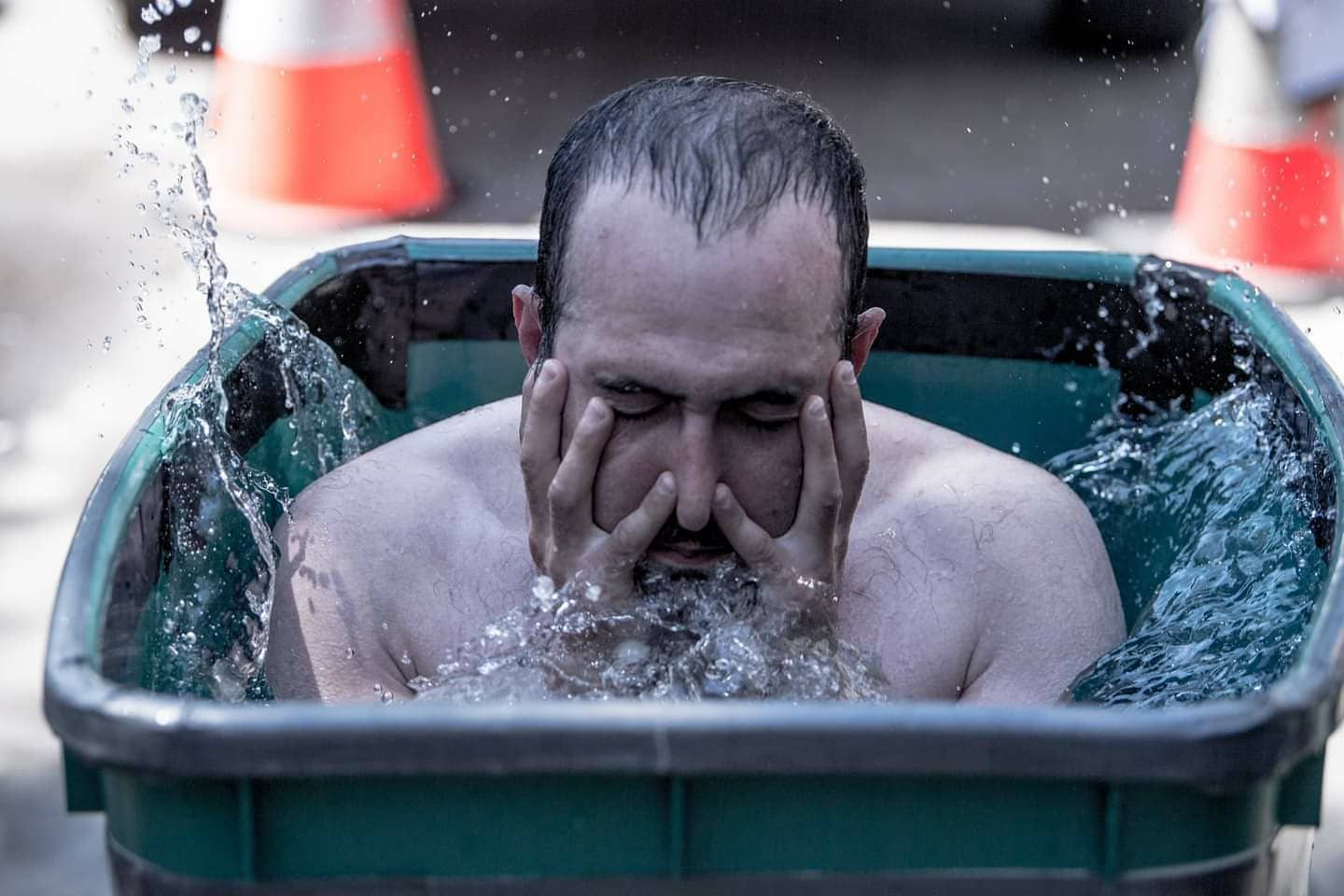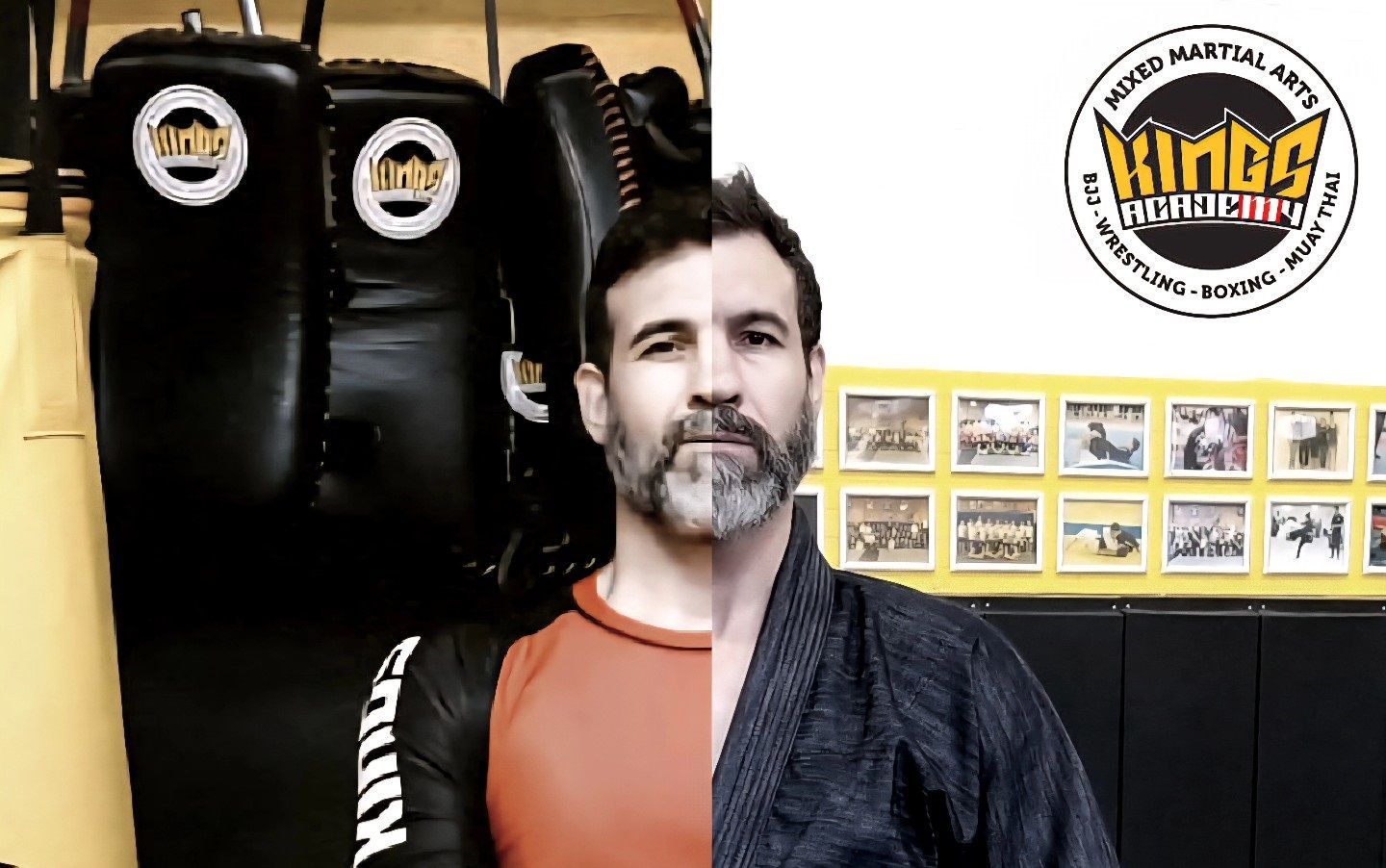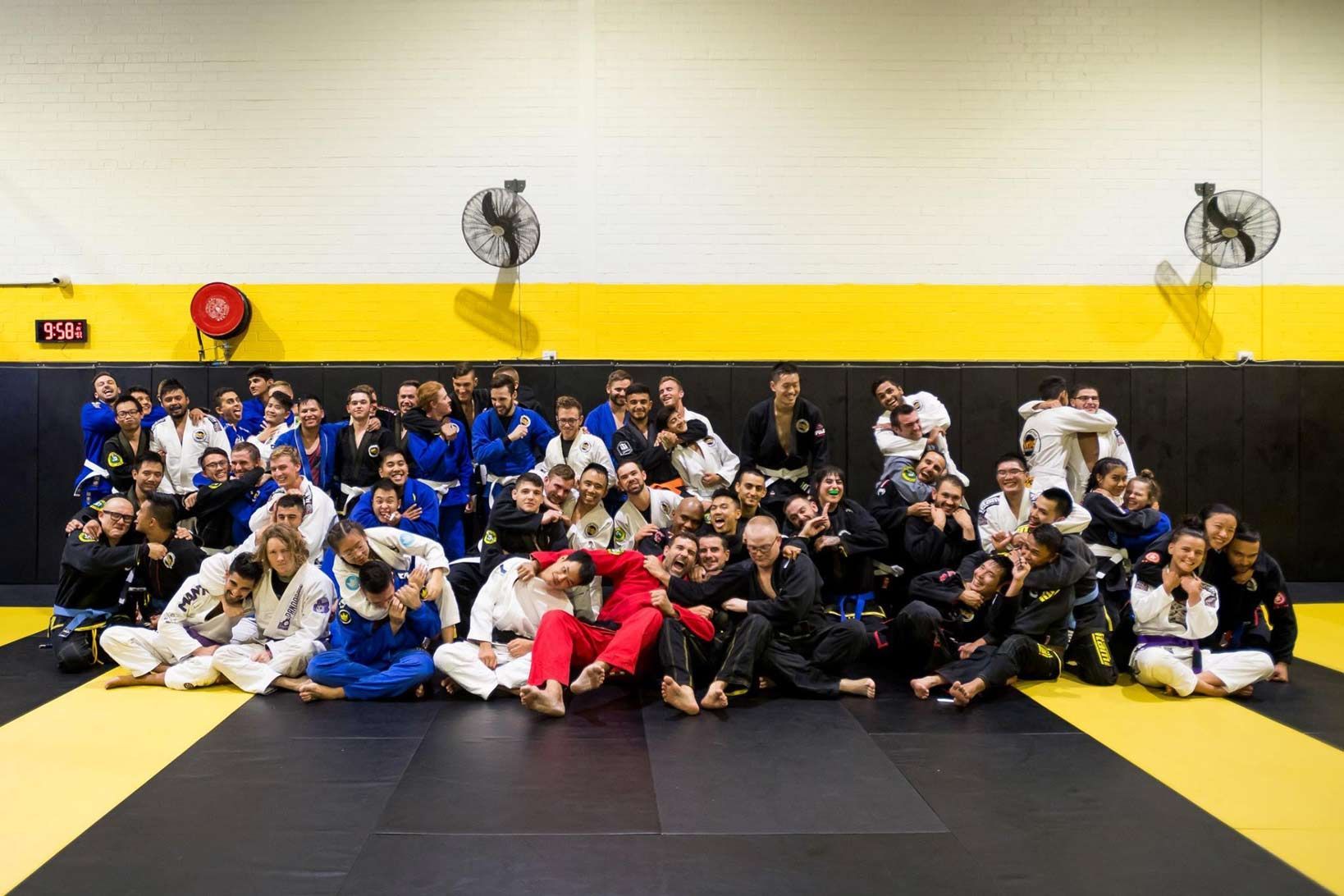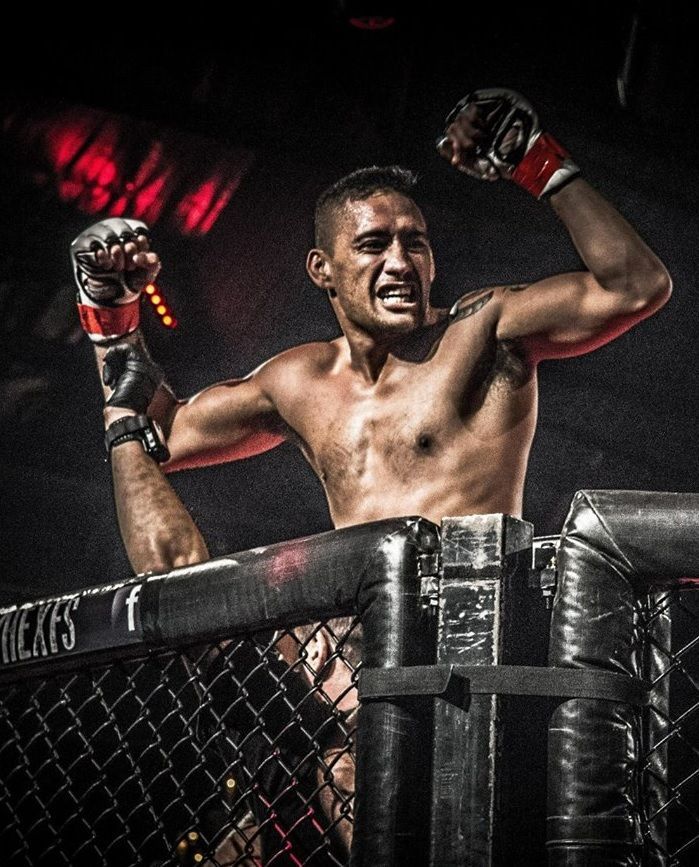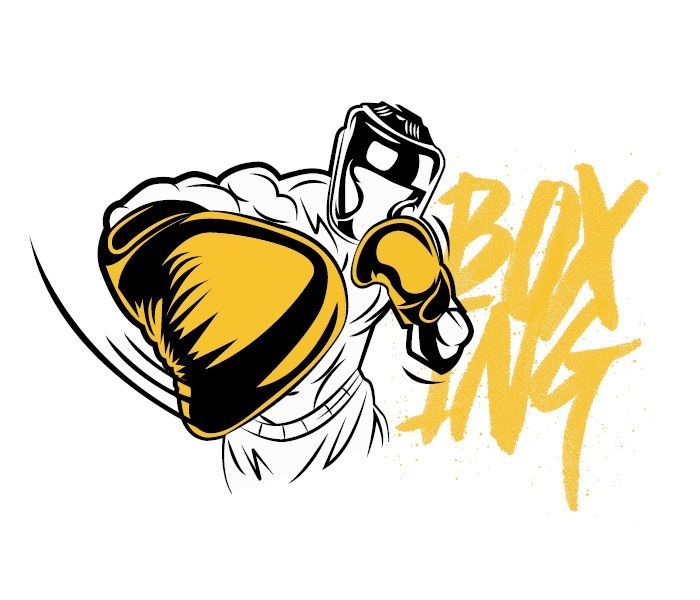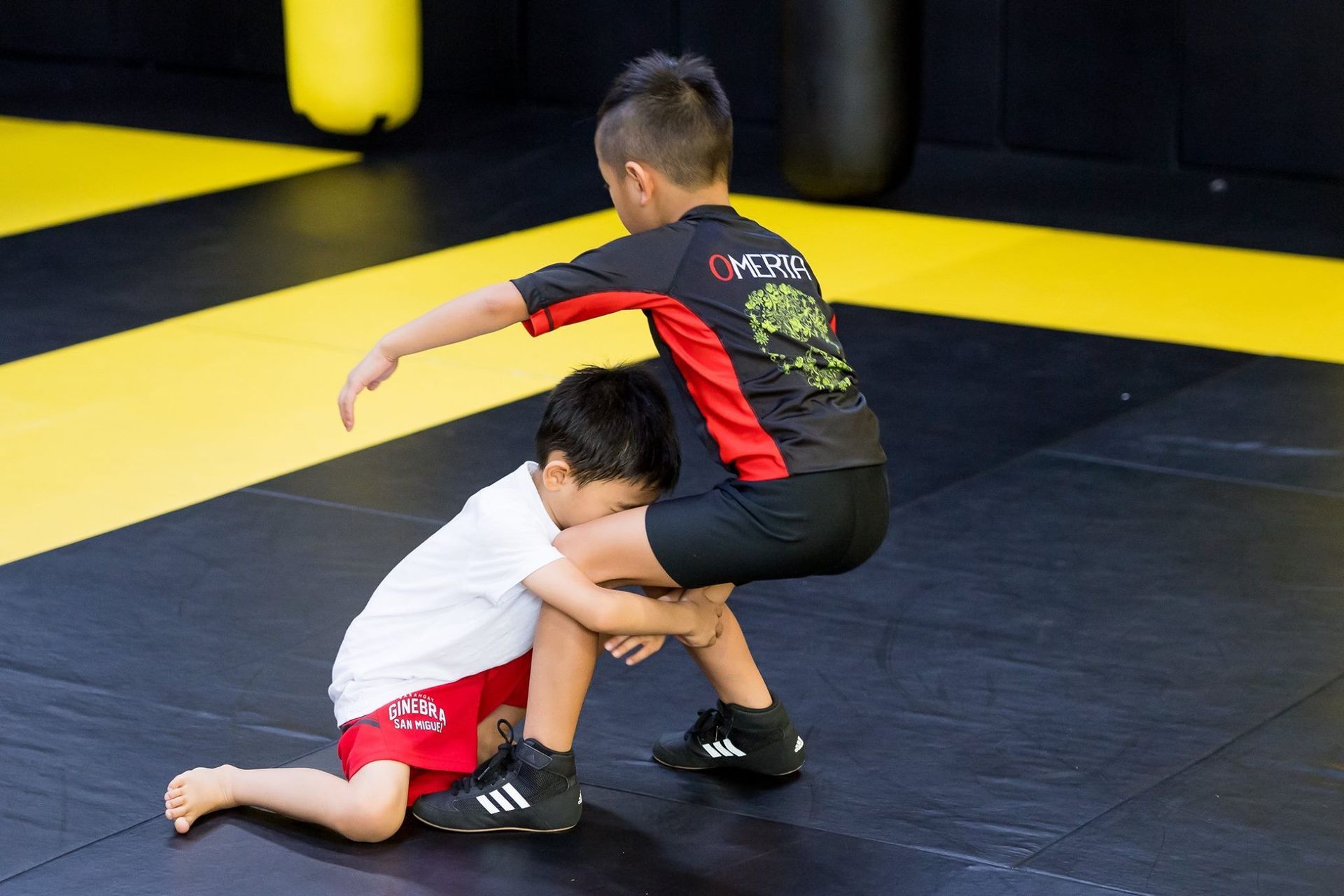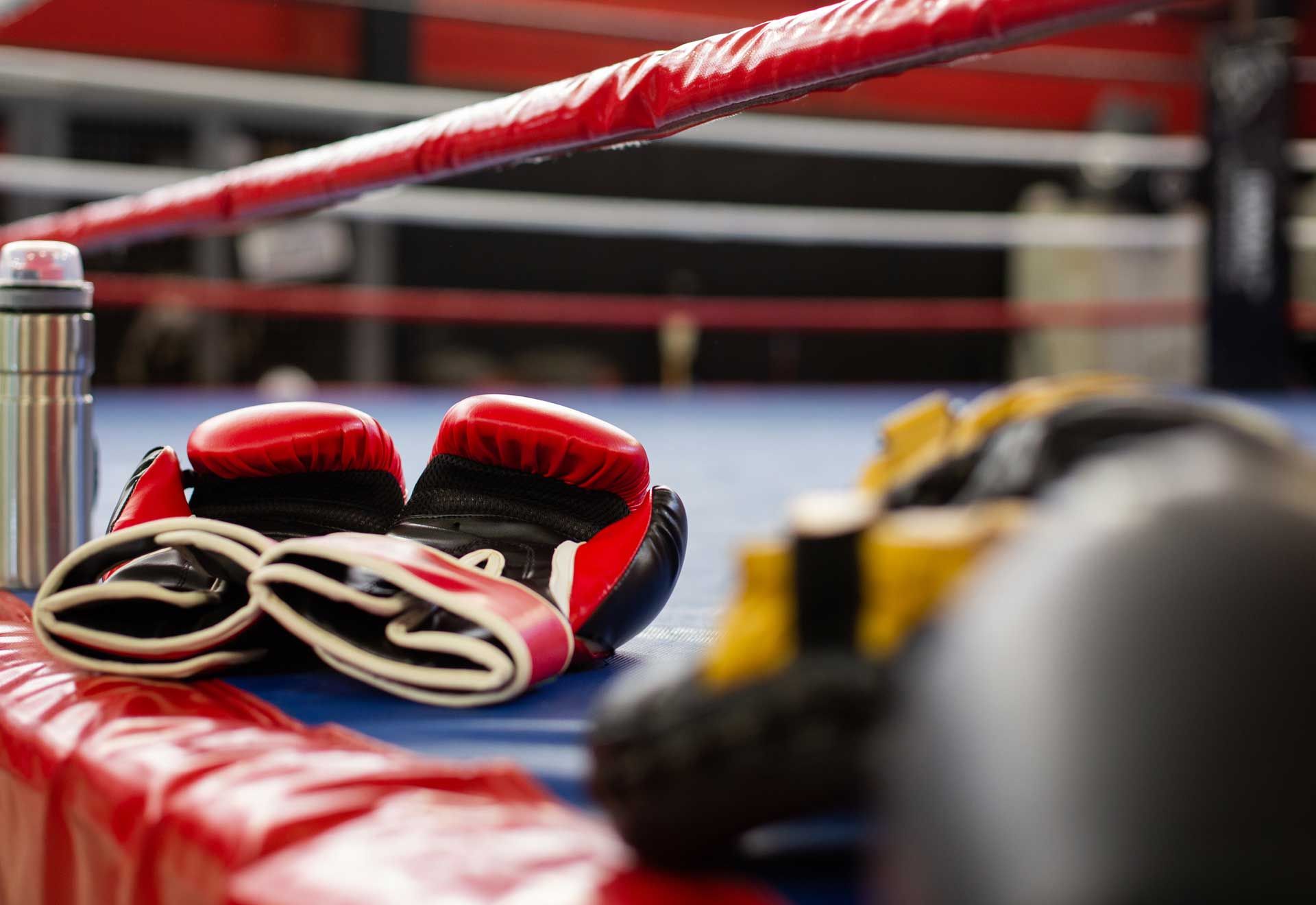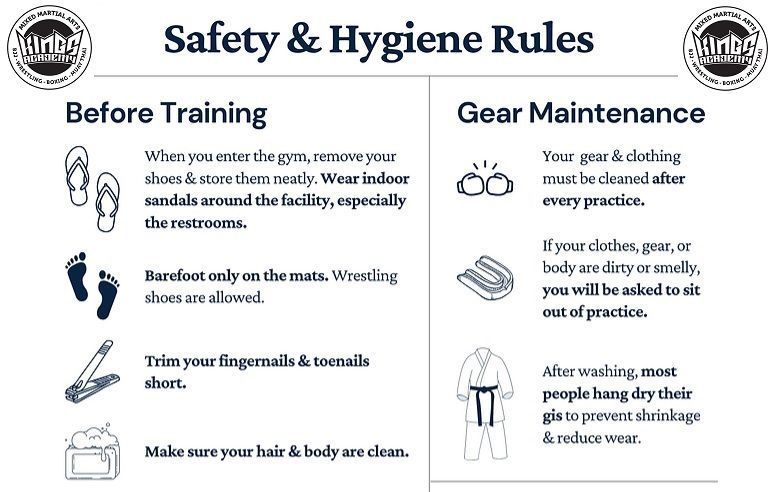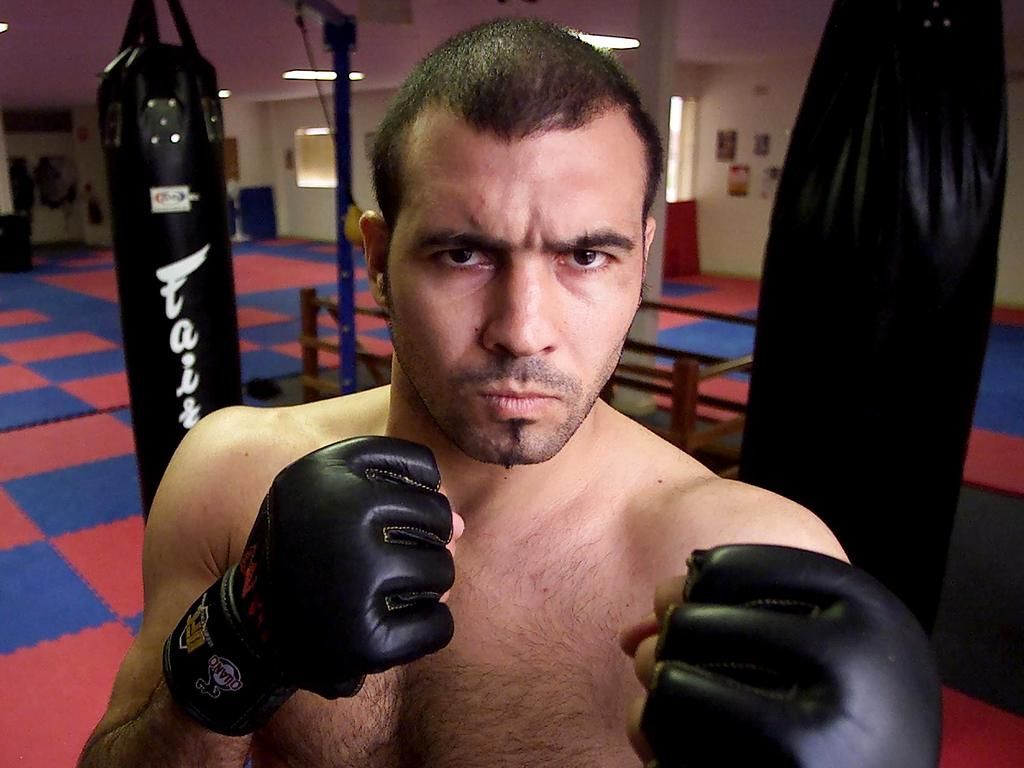The Importance of Fundamental Skills in Brazilian Jiu-Jitsu
Why you should focus on learning fundamentals!
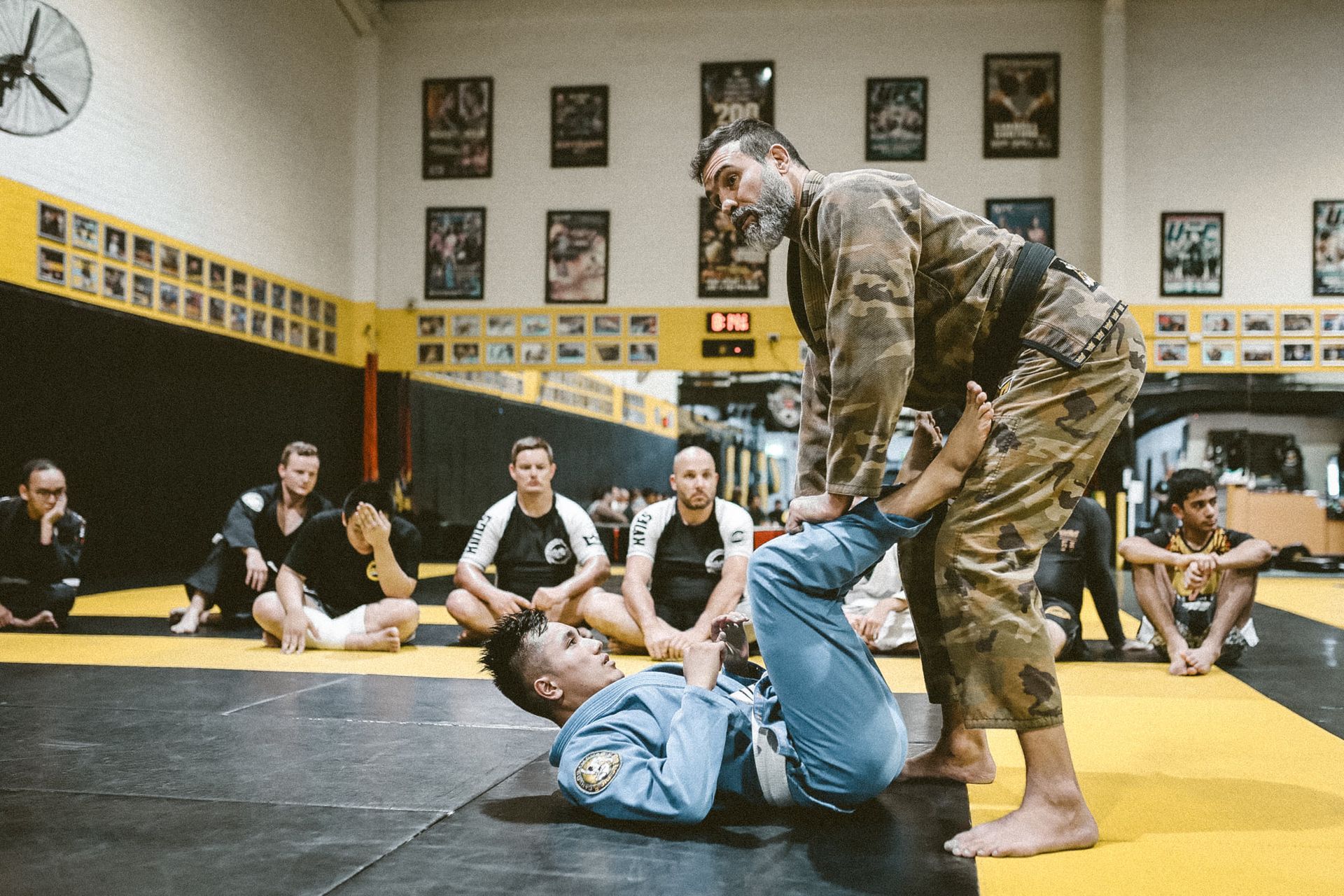
The Importance of Fundamental Skills in Brazilian Jiu-Jitsu
Click here to learn about our BJJ program
Brazilian Jiu-Jitsu (BJJ) is often described as a complex puzzle that requires both physical and mental prowess to solve. It is often referred to as physical chess. The road to mastering this martial art can seem overwhelming, especially for beginners who are inundated with new techniques, positions, and strategies, particularly with the introduction of the internet and social media. However, if you take a step back and look at what makes a true BJJ practitioner effective, it all comes down to one key factor: fundamental skills.
With a deep understanding of both the technical and conceptual aspects of the sport, there is a clear message - focusing on fundamental skills is the cornerstone of success in Brazilian Jiu-Jitsu.
In this post, we’ll break down why fundamental skills are crucial in BJJ and explore some insights on how to develop them for long-term growth in the sport.
What Are the "Fundamentals" in Brazilian Jiu-Jitsu?
Before diving into why these skills matter, it’s essential to define what we mean by "fundamentals." In BJJ, fundamentals typically refer to the core techniques and principles that every practitioner should master before moving on to more complex moves. These include:
- Positioning: Proper body alignment and understanding the basic positions, such as guard, mount, side control, knee-ride, turtle, and back control.
- Pressure: Understanding how to apply and maintain pressure on your opponent to control their movements.
- Posture: Knowing when to maintain an upright posture (especially in guard) versus when to close it down (such as in passing the guard).
- Base and Balance: Learning to maintain a stable foundation while moving and adjusting your weight to avoid being thrown, swept, or submitted.
- Movement and Transitions: Flowing smoothly from one position to another while staying in control.
These basics might sound simple but mastering them requires deep attention and constant practice.
Why the Fundamentals Matter:
Success comes with building a solid foundation through fundamentals, regardless of belt level.
Here are some of the reasons fundamentals are vital:
1. Mastery of the Fundamentals = Mastery of the Sport
When you focus on fundamentals, you're building a framework that allows you to adapt and problem-solve in a variety of situations.
It is important to stress that the true mastery of BJJ is not about being the best at any single move, but rather the ability to understand the principles behind all moves and positions. This means you don’t have to reinvent the wheel every time you face a new opponent; the fundamentals will allow you to see the path forward.
2. Fundamentals Are Universally Applicable
Fundamentals transcend specific techniques. Whether you're training for a competition or rolling with a partner, the core principles apply. Whether you’re playing a closed guard or defending against a takedown, the same fundamental concepts - like pressure, balance, and posture - are always relevant.
A key belief is that fundamentals are timeless. A seasoned black belt can still rely on these basic principles when facing a tough opponent. In contrast, relying too much on flashy, complex techniques can leave you vulnerable, especially when you’re fatigued or caught in a challenging position.
3. Fundamentals Build a Strong Game
For many practitioners, it’s tempting to get caught up in the allure of advanced submissions or fancy sweeps. However, it is important to remember that these advanced techniques are built on a solid understanding of the basics. It’s worth pointing out, a strong and consistent BJJ game is built on a foundation of basic skills that can be applied in any situation, from any position.
4. Fundamentals Are the Key to Survival in BJJ
In BJJ, survival is often the first step toward victory. If you find yourself in a tough spot, understanding the fundamentals allows you to escape, recover, and re-establish control. Whether you’re in mount, side control, or dealing with a submission attempt, a firm grasp on fundamental escapes and transitions can be the difference between tapping out and escaping.
The practitioners who can stay calm under pressure and rely on their basics are often the ones who come out victorious in difficult situations.
5. Fundamentals Keep You Safe and Injury-Free
A major consideration in BJJ, especially for those who train regularly, is avoiding injury. This is where focusing on fundamentals can be incredibly valuable. By understanding proper posture, body mechanics, and positioning, you reduce the risk of overextending or placing your body in unsafe situations.
Build your game slowly and methodically. The emphasis is always on safe movement patterns and correct technique, which, in the long run, helps you stay healthy and train consistently.
Key Fundamental Skills Every BJJ Practitioner Should Focus On
There are a few key fundamental skills that every BJJ practitioner - no matter their belt - should consistently work on:
- Guard Retention: The ability to keep your guard and prevent your opponent from passing is one of the most crucial skills in BJJ.
- Pressure Passing: Learning how to pass the guard with a focus on maintaining pressure and controlling your opponent's hips.
- Control: Mastering control, particularly with active opponents constantly looking to escape, is essential for submitting or neutralising an opponent.
- Submissions from Top Positions: It should be emphasized that the importance of learning to finish from dominant positions, such as mount and side control, with fundamentally sound submissions, rather than relying on high risk, lower-percentage submissions.
- Submissions from Bottom Positions: It’s also important to understand the importance of learning to finish from bottom positions, mainly focussing on guard, though there are other positions where submissions can be attempted when you’re underneath your opponent.
- Escapes: Knowing how to escape from bad positions (like mount or side control) can turn the tide of a match in your favour.
Conclusion: Building a Strong Foundation for BJJ Success
Brazilian Jiu-Jitsu is a journey that requires patience, dedication, and a focus on the fundamentals. Mastery doesn’t come from shortcuts or flashy techniques - it comes from a deep understanding of the basics. By dedicating yourself to mastering fundamental skills, you set the stage for success, whether you’re looking to compete, teach, or simply improve your overall BJJ game.
Here is a basic pathway to developing effective Jiu Jitsu for the beginner. First learn to be comfortable being uncomfortable. You’re going to be squashed a lot in your early days. From there you want to learn to survive. Once you can survive, your goal will be to escape from bad positions. Once you can safely escape, your aim will be to reverse the position and get to dominant position. Once you’re able to reverse the position, you want to be able to get to and maintain a dominant position. Once you can finally maintain a dominant position you can attempt any submissions with the knowledge that even if you mess up, you’ve developed the fundamental pathway to survive, escape, reverse, control and submit.
As Danaher often says, "The basics are your blueprint, your reference point, and your anchor in the storm." So, take the time to perfect your fundamentals, and everything else in BJJ will fall into place.
Click here to book a week free trial
Read some of or other Blog posts on BJJ
What’s The Best Age To Start Brazilian Jiu-Jitsu (BJJ)
Leg Locks – Why are they so popular
Learn about Brazilian Jiu Jitsu (BJJ)
Should you compete in Brazilian Jiu Jitsu (BJJ)?
Reasons Women should do Brazilian Jiu Jitsu (BJJ)
Ten Reasons to Start Brazilian Jiu Jitsu (BJJ) NOW!
If you're in Sydney make sure you come in and check out Kings Academy!
Kings Academy is the premier Brazilian Jiu Jitsu Academy in South Western Sydney

